Your login information returned multiple users. Please select the user you would like to log in as and re-type in your password.
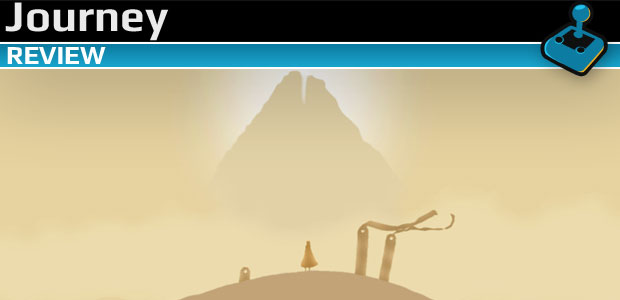
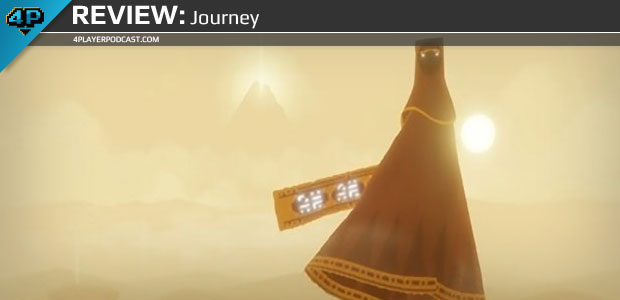 Wandering across the desert alone, I find my first partner. We discover hidden secrets; things used to improve ourselves behind a water fall or perched high on a collapsed outcropping of ruins. If my partner finds something, they let out a call, showing me where to go; I reciprocate the gesture. We meditate together, just taking in the beauty of this desert, the sound of the wind against the sand, and the flapping of our red scarfs. Running around together we unlock a flowing fabric bridge that radiates as we glide across it. At the end sits a monolith with carvings inscribed on it, we sing on each side of it, the small pillars near it begin to glow, the monolith glows and a circle illuminates in front of it. We simultaneously sit. As we walk down the hallway after a cut scene had played, we each play notes of a impromptu song back and forth until it fades to white.
Wandering across the desert alone, I find my first partner. We discover hidden secrets; things used to improve ourselves behind a water fall or perched high on a collapsed outcropping of ruins. If my partner finds something, they let out a call, showing me where to go; I reciprocate the gesture. We meditate together, just taking in the beauty of this desert, the sound of the wind against the sand, and the flapping of our red scarfs. Running around together we unlock a flowing fabric bridge that radiates as we glide across it. At the end sits a monolith with carvings inscribed on it, we sing on each side of it, the small pillars near it begin to glow, the monolith glows and a circle illuminates in front of it. We simultaneously sit. As we walk down the hallway after a cut scene had played, we each play notes of a impromptu song back and forth until it fades to white.
Journey (PlayStation 3)
Developer: Thatgamecompany
Publisher: Sony Computer Entertainment
Release Date: March 13, 2012
Journey is a game of we. One's self and a stranger who one stumbles upon during the journey across a vast array of ruins—of land, to a mountain one first sees in the distance. Previous games from Thatgamecompany are have tightly controlled arcs and Journey fits into a very similar mold. Yet Journey deviates slightly, allowing for the uncontrolled: the partner spoken of is another real person playing. Through basic elements (singing, moving, jumping, meditating), a personality is displayed, and a language is formed. Journey builds camaraderie out of the most bare bones of dynamics, with no spoken words at all.
Further into our journey, we get separated. It is stormy, unclear, and I miss a jump. My companion is no where to be seen. I climb and climb, frequently calling out to for them, hoping they are near by but to no avail. It is deflating.
In this shared journey, I grew attached to my partner and not just for utilitarian purposes (the fact that one another are generally helped by each other's presence). I genuinely enjoyed being in the company of this person. They were helpful and kind; telling me how to get up to this high ledge after I had forgotten a rule of the world. They were patient; always waiting for me when I paused to jot down a note or to run to the bathroom once. I would come back quickly and they would be sitting next to me.
I reach the top of this dust ridden tower, and there they were. They waited for me. It was so relieving. Much later though, after going through a section with much hardship, we get split again but this time, it was permanent. They had flown off the edge and I had accidentally moved into the circle in front of the monolith. The cut scene had played out. My partner is no where to be seen. I sit and wait at the edge of the suspended platform where the monolith stands, and the hallway proceeds. I wait and they never appear.
In the next section, another partner is found. Fleetingly, it is wondered, "Is this them?" Immediately, it is clear that is it not. This person is far more talkative, singing far more frequently, running around far more carelessly. It is in the level that follows, that we go through a hardship together but when I probably should be wanting to help them, I don't. In a way, I resent them, I don't want anything to do with them. They aren't the reason I was split from my partner but I still take it out on them.
Journey follows a bit too closely the arc of progress that is in Thatgamecompany's previous work, Flower, but because of my loss, the arc is specifically colored by my own experience. What should be a moment of triumph, is bittersweet because I know I am not doing it with the same person I had spent an hour and a half with before. It was just somebody. That is the beauty of Journey though: it meets with the player in the middle. It provides enough structure to give the players an arc for feeling but leaves the authorial reins loose. The player can shape it—have their own interpretation of the events that occur, allowing them their own, personal, journey. Journey is far more effective at being a meaningful game because of it—causing a stronger connection to another for the very reason of being interactive.
Score: 94%
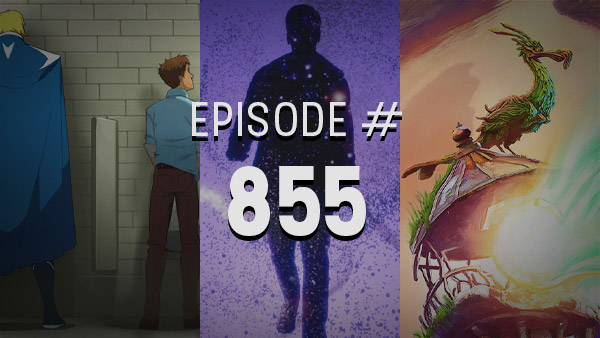
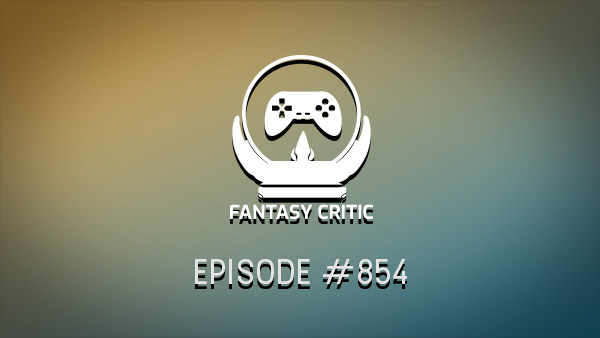
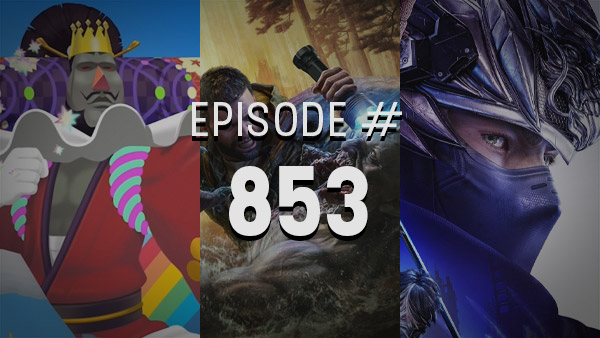

Comments
13 years, 6 months ago
Great review, thanks!
13 years, 6 months ago
My goty so far.
13 years, 6 months ago
Good review for a spectacular game I hope more indie games focus on art and personal experience like journey did